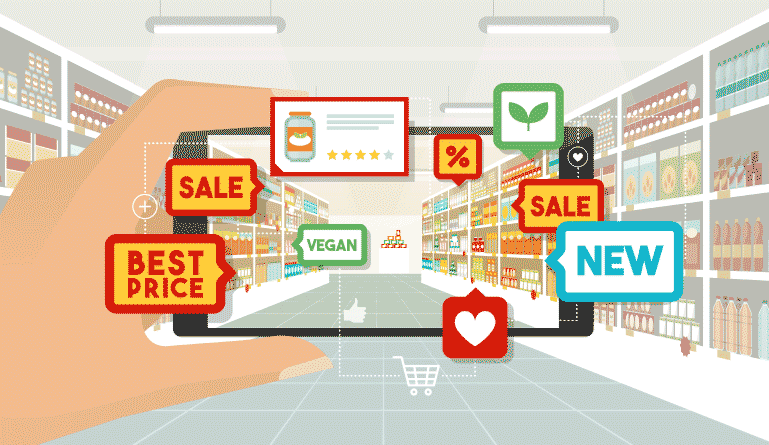Digital marketers have both a challenging job and many tools to choose from to get the job done. From social media ads to Google display ads and native advertising opportunities, marketers have more options than ever to get their message into the market.
One advertising method, programmatic advertising, is changing, causing advertisers to shift their thinking about certain aspects of digital outreach.
What are the programmatic ads?
A modern staple in digital advertising, programmatic ads give advertisers the ability to link or show content on a publishers’ website much like an internet billboard. Like a billboard, these ad spaces are often found on highly trafficked web pages the way outdoor advertising spaces are on well-trafficked areas like highways and bus stops for the most visibility. One difference, however, besides the digital vs. physical marketing method is that digital ads are highly segmented, allowing marketers to target their audience more effectively. Programmatic advertising is when businesses use automation software to buy advertising space on the platforms and pages that their defined audience is most likely to frequent.
How does this benefit marketers? By offering an extended reach to a relevant audience, businesses can gain more meaningful impressions and grow their brand awareness. Programmatic advertising offers a straightforward, efficient way to grow your marketing endeavors and gain insight and data along the way.
What is the first price auction?
There are many different ad buying platforms that businesses pay for access to their digital ad real estate. First price auction is helping to simplify the process for buyers and sellers of ad space. According to Adweek, “A first-price auction is where a bidder has to pay the actual price they offered in an ad auction, as opposed to a second-price ad auction whereby they only have to pay the amount bid by the nearest competitor, i.e., the second-highest offered in an auction.” For a long time, second price auction meant that when advertisers bid on a publisher’s inventory the winner only had to pay $0.01 more than the second highest bid. This was initially meant to help businesses not overpay for advertising space and keep bidding at “fair market value”. As the digital advertising ecosystem grew and programmatic ad buying turned into the 40+ billion dollar market that it is today, things began to change and this algorithm led to more confusion than it did helpful solutions.
In early 2019, Google announced that they would be moving exclusively to first price auction for the Google Ad Manager platform. While this change will initially only affect the display and video inventory sold via Ad Manager, it will still force advertisers to adapt their buying habits. How does this change help businesses?
- More pricing transparency for buyers
- Simplified, more straightforward bidding
- Publishers (who are also businesses looking to drive revenue) can get the best value for their ad inventory
While first price auction mechanics will likely take some getting used to by some advertisers, Google is coming to this method while others have been using it for some time. Some ad publishers have been using the first price over second price auction and Google deciding to make the switch will actually likely improve the ad buying process for all businesses. It will help create a truly unified auction experience with everyone bidding with the same rules.
First price auction is just one of the many trends that digital advertising has seen change the face of marketing for some businesses. As technology shifts, businesses move to meet the new dynamic; as business changes, technology changes to support it. This kind of relationship works well to support businesses on both ends.





